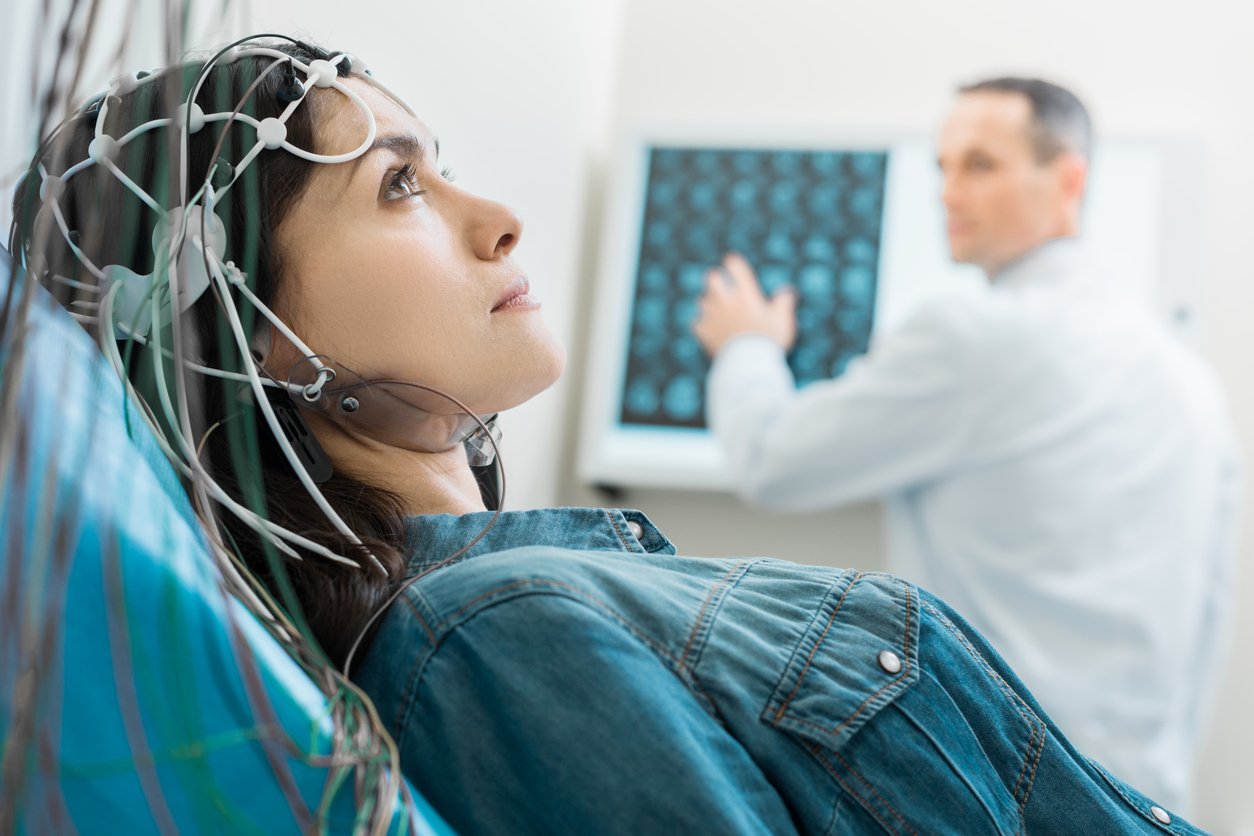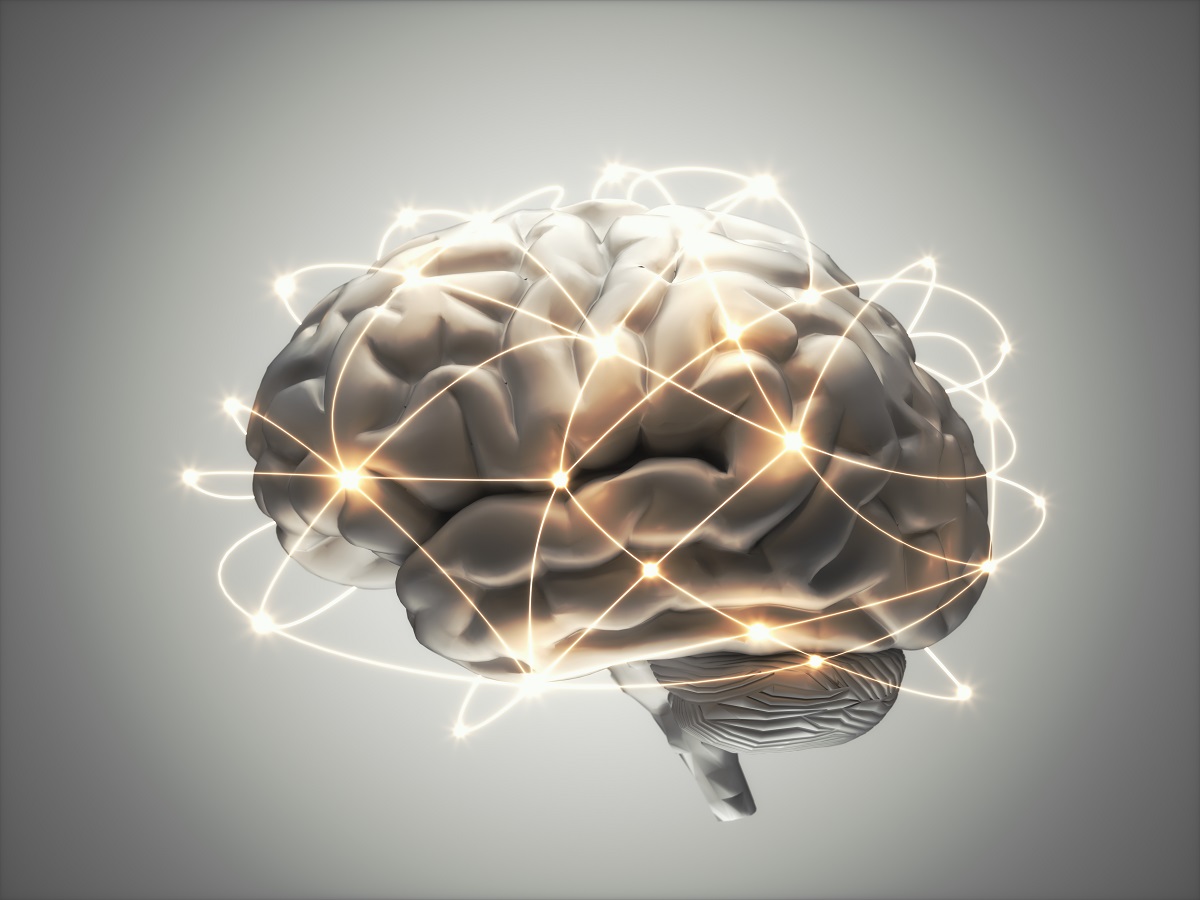Why Someone Might Say, “TMS Ruined My Life”
January 16, 2025
Transcranial magnetic stimulation (TMS) is an innovative treatment for depression, obsessive-compulsive disorder (OCD), and related conditions. TMS therapy has been used as a mental health treatment for over 15 years, with a high success rate. It is an FDA-approved therapy for depression and OCD and reported side effects are rare.…









